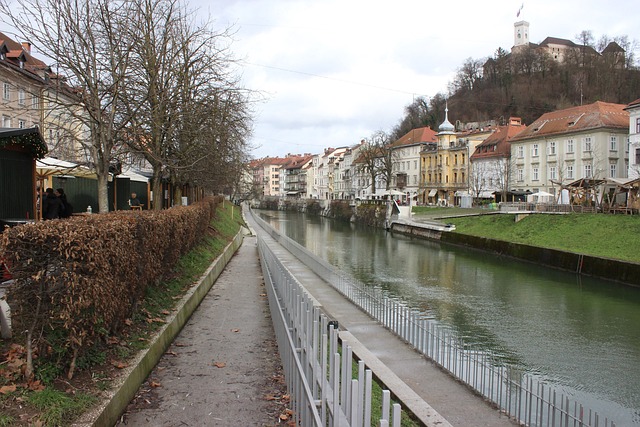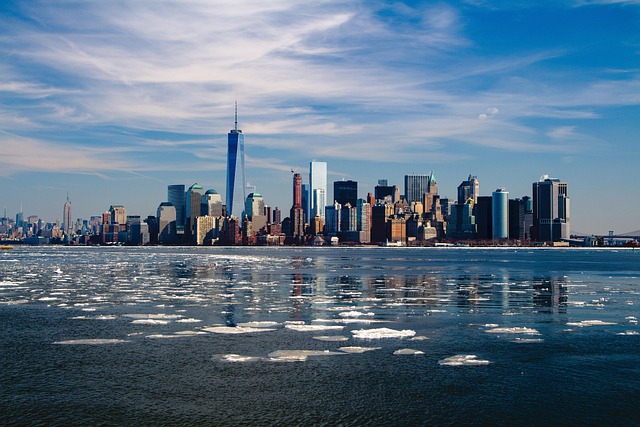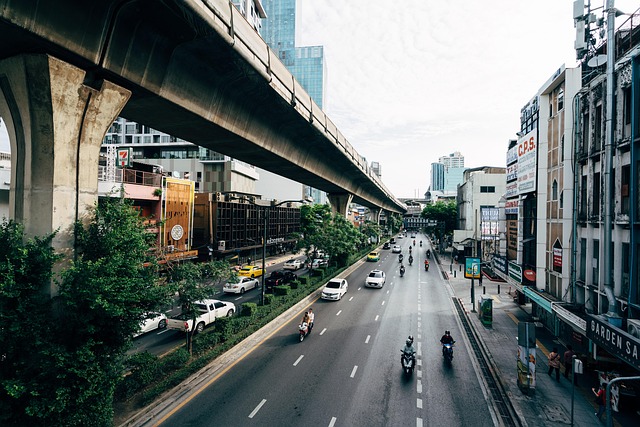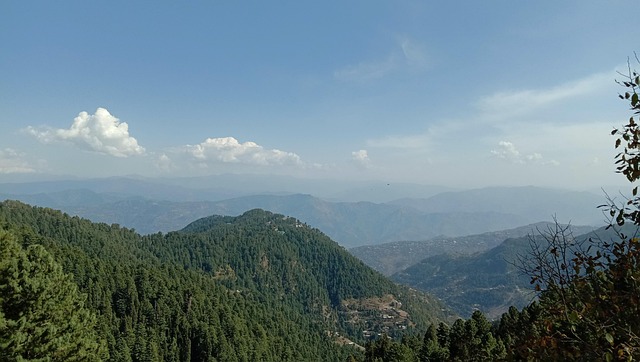Karachi's water supply history, from natural sources to piped systems, reflects its urban evolution. The colonial era left a lasting impact on water infrastructure in Frere Town, with grand structures still standing today. However, rapid urban growth and climate change strain traditional systems, leading to leaks, inefficient delivery, and quality issues. Innovative solutions like advanced treatment technologies and smart management are crucial for meeting growing demands and ensuring sustainable water security for Karachi's future. Adopting renewable energy and smart water practices is vital for the long-term well-being of this bustling metropolis.
“Karachi’s Frere Town, a historical gem amidst the bustling metropolis, boasts a unique water supply journey. This article explores the evolution of its water infrastructure, from its colonial-era origins to the present day. We delve into how the architectural legacy has influenced the city’s water systems and examine the challenges faced in meeting Karachi’s ever-growing demands. Furthermore, it highlights innovative solutions and sustainable practices that can secure Frere Town’s—and Karachi’s—future water supply, ensuring a vital resource for generations to come.”
- History and Evolution of Water Supply in Karachi's Frere Town
- The Role of Colonial Architecture in Shaping Water Infrastructure
- Challenges and Innovations in Meeting the City's Water Demands
- Sustainable Solutions for Karachi's Future Water Security
History and Evolution of Water Supply in Karachi's Frere Town

The history of water supply in Karachi’s Frere Town, like many other aspects of the city’s development, is a testament to the evolution of urban infrastructure over time. In the early days, Karachi, then a bustling port city, relied heavily on natural water sources such as wells and freshwater springs scattered across the landscape. These provided drinking water for the growing population but were often inadequate during droughts or periods of rapid urbanization.
As the city expanded in the late 19th and early 20th centuries, the need for a more reliable and efficient water supply system became increasingly apparent. This led to the introduction of piped water supply systems, marking a significant milestone in Karachi’s urban development. The evolution of water infrastructure in Frere Town mirrored that of the broader city, with advancements ranging from primitive hand-pumped wells to more sophisticated treatment plants and distribution networks. These changes not only improved access to clean water but also played a crucial role in shaping the health and hygiene standards of the region, contributing to Karachi’s transformation into a modern metropolis.
The Role of Colonial Architecture in Shaping Water Infrastructure

The colonial era left an indelible mark on Karachi, and its architectural legacy is evident in the city’s water infrastructure. During the British Raj, the architecture of Frere Town, a historic district in Karachi, reflected the colonial power’s needs and aesthetic preferences. The design of water supply systems was no exception; it incorporated grand and often ornate structures that served as water pumps, reservoirs, and treatment plants. These architectural marvels were not just functional but also symbolic, embodying the colonial administration’s attempt to create a modern, European-style city within the bustling metropolis of Karachi.
Many of these colonial-era water infrastructure sites still stand today, offering a glimpse into the past and the intricate planning that went into ensuring a steady water supply for the city. As Karachi grew and developed, these structures became not just historical remnants but also an integral part of the city’s water management system, showcasing how colonial architecture has shaped the urban landscape even in modern times.
Challenges and Innovations in Meeting the City's Water Demands

Frere Town, a vibrant part of Karachi, faces significant challenges in its water supply system, particularly with the city’s rapid growth and changing climate. The traditional water infrastructure struggles to keep up with the increasing demands, leading to frequent water shortages and poor water quality issues. One of the primary hurdles is the outdated distribution network, which often results in leaks and inefficient water delivery.
However, the city has witnessed innovative solutions emerging to address these problems. Advanced water treatment technologies are being implemented to ensure a steady supply of clean water. These include state-of-the-art filtration systems and disinfection processes that enhance water purity. Additionally, smart water management systems are being introduced to monitor and optimize water usage, helping to reduce waste and improve overall efficiency. Such innovations are crucial in meeting the growing water demands of Frere Town and ensuring a sustainable supply for its residents.
Sustainable Solutions for Karachi's Future Water Security

Karachi, as a rapidly growing metropolis, faces significant challenges in maintaining future water security. The city’s existing water supply systems are under immense pressure due to rising population and industrial demands. To ensure sustainable solutions, Karachi needs to adopt innovative approaches. One key strategy involves harnessing renewable energy sources for water pumping and treatment, reducing reliance on fossil fuels.
Implementing smart water management technologies is another crucial step. This includes advanced leak detection systems, efficient irrigation techniques for agriculture, and promoting water recycling and reuse in industrial and domestic settings. By focusing on these sustainable practices, Karachi can secure its water resources for the long term, ensuring a brighter future for its residents while mitigating environmental impacts.
The history of water supply in Frere Town, Karachi, reflects the city’s growth and architectural evolution. From colonial-era infrastructure to contemporary challenges, Frere Town’s water journey highlights the need for sustainable solutions. By integrating innovative technologies and learning from the past, Karachi can ensure a secure water future, addressing historical disparities and meeting the demands of its bustling metropolis. This comprehensive approach is vital for the city’s resilience and prosperity in the years to come.



